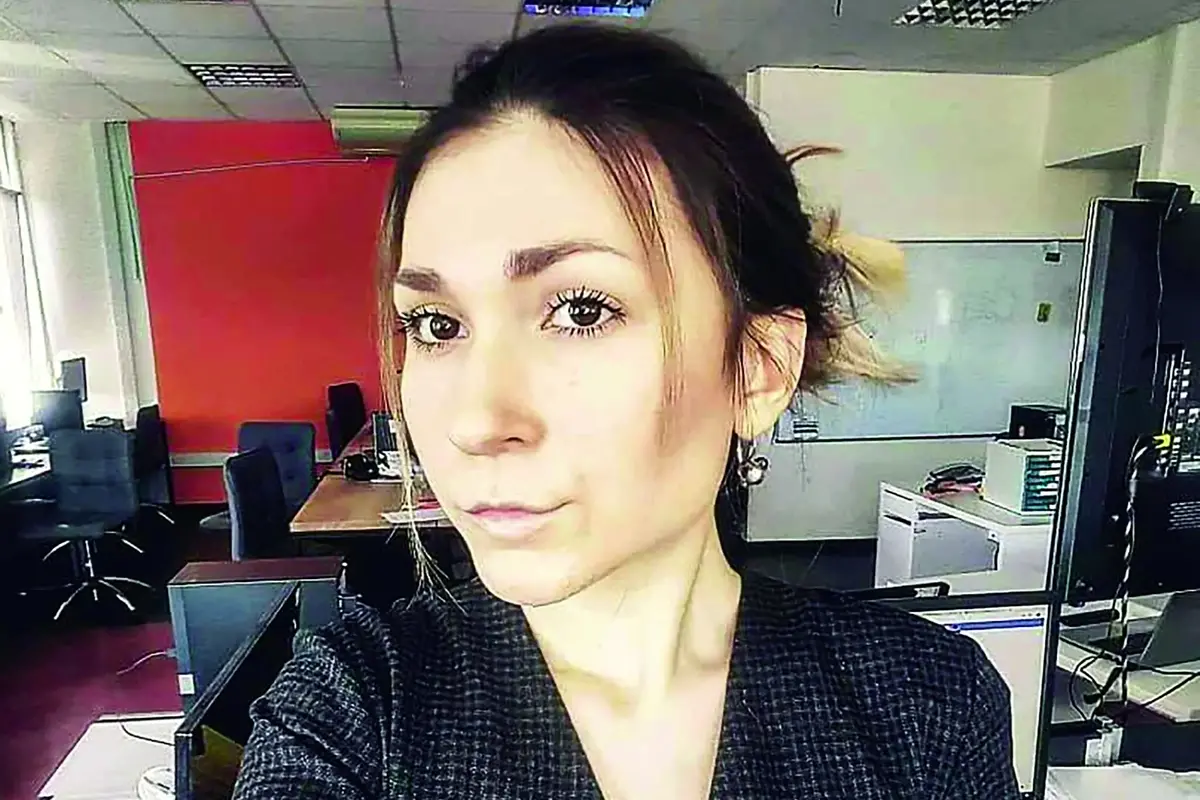“Your honor, I am innocent of the accusations against me,” Ghosn said Tuesday in Tokyo’s District Court. Wearing a dark suit and plastic slippers, the former Nissan (NSANY) chairman told the judge he had been wrongly accused.
Ghosn, who remains chairman and CEO of Renault (RNSDF), had entered the court in handcuffs with a rope around his waist, as is customary for detainees in Japan’s legal system. He was noticeably thinner, with his normally jet black hair graying at the roots.
The global business leader’s spectacular downfall following his arrest in November has shaken the international auto industry and strained the alliance he built between Nissan, Renault and Mitsubishi Motors (MMTOF).
Prosecutors suspect Ghosn of under-reporting his income by tens of millions of dollars and transferring personal investment losses to Nissan.
Ghosn’s version of events
Speaking in court, Ghosn said he had “always acted honorably and legally” and with the knowledge and approval of the appropriate executives inside the company.
Ghosn expressed “love and appreciation for Nissan,” telling the court: “I have dedicated two decades of my life to reviving Nissan. I worked on these goals day and night.”
According to a written version of his remarks that was issued via a representative before Tuesday’s proceedings, Ghosn insisted he had been “unfairly detained based on meritless and unsubstantiated accusations.”
A Brazilian-born French citizen who grew up in Lebanon, Ghosn requested the open hearing at a Tokyo court to seek an explanation on why he has been held so long.
His appearance generated significant public interest, with hundreds of reporters lining up for just a handful of seats inside the court. No photography is permitted during proceedings.
Following Tuesday’s hearing, Ghosn’s legal team will hold a news conference at the Foreign Correspondents’ Club of Japan.
Judge says Ghosn is a flight risk
The auto industry legend has been locked in a Tokyo jail cell since November 19, and the court has already approved a request from prosecutors to extend his detention until January 11.
A judge at Tokyo’s District Court said Tuesday that keeping Ghosn in jail during the investigation was justified because he posed a flight risk.
Ghosn and Nissan were indicted on December 10 on allegations that they under-reported his income by tens of millions of dollars between 2010 and 2015. That charge carries a maximum prison sentence of 10 years. Prosecutors are also investigating allegations that the practice went on for longer and that Ghosn temporarily shifted 1.85 billion yen ($16.6 million) of losses from his private investments onto a Nissan subsidiary in 2008.
In his remarks, Ghosn denied the allegations of under-reporting his income, saying that he “never received any compensation from Nissan that was not disclosed.”
He said that the foreign-exhange contracts that he temporarily transferred to Nissan in 2008 during the height of the financial crisis didn’t result in any loss for the company.
A Nissan spokesman on Tuesday declined to comment specifically on Ghosn’s remarks to the court or the legal proceedings.
“Nissan’s internal investigation uncovered substantial and convincing evidence of misconduct” by Ghosn, the spokesman said. “The company’s investigation is ongoing, and its scope continues to broaden.”
‘The conditions are not very good’
Ahead of Ghosn’s appearance in court, his son spoke out in the French media about his father’s situation.
Anthony Ghosn told French newspaper Journal du Dimanche in an interview published Sunday that his father had lost 22 pounds “because he’s eating three bowls of rice a day. The conditions are not very good.”
“Every day when he wakes up in the detention center, he can tell the prosecutor that he challenges the accusations against him, or on the contrary, he can confess and be released,” Anthony Ghosn told the French weekly newspaper. “For seven weeks, his decision has been quite clear. … He will not give up.”
The case has sparked questions about the Japanese justice system and the ability of prosecutors to keep a person in jail for extended periods of time while investigations continue.
Visits from lawyers, family and friends are strictly controlled by prosecutors in Japan, making it difficult for suspects to establish a defense or give their side of the story to the media.
“They’ll only let him out on the condition he confesses,” Anthony Ghosn told Journal du Dimanche. “He [Carlos Ghosn] doesn’t speak Japanese and the paradox is that the confession they want him to sign is written exclusively in Japanese.”
While in jail, Ghosn has been ousted as chairman of Nissan and Mitsubishi Motors. He remains chairman and CEO of Renault, but the company has assigned his duties to other executives in his absence.
Nissan has said the alleged misconduct was first brought to its attention by a whistleblower. An internal investigation uncovered serious problems, according to the company, which led it to alert authorities in Japan.
Greg Kelly, the former Nissan director accused of helping Ghosn under-report his income, was released from jail in Japan on Christmas Day after being granted bail.
Kelly denies any wrongdoing. His wife said he had been wrongly accused as part of a power grab by Nissan executives targeting Ghosn — an allegation Nissan disputes.









Leave a Reply